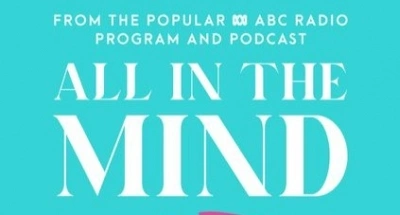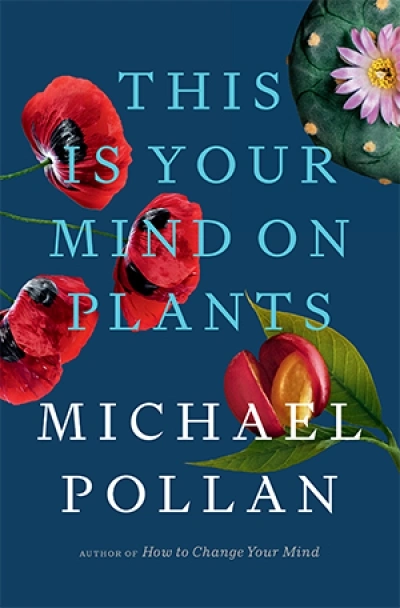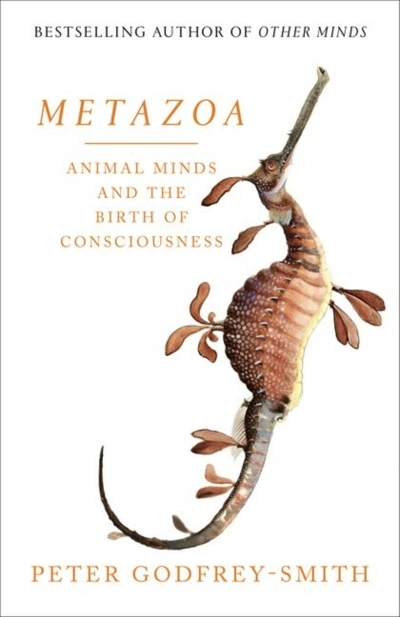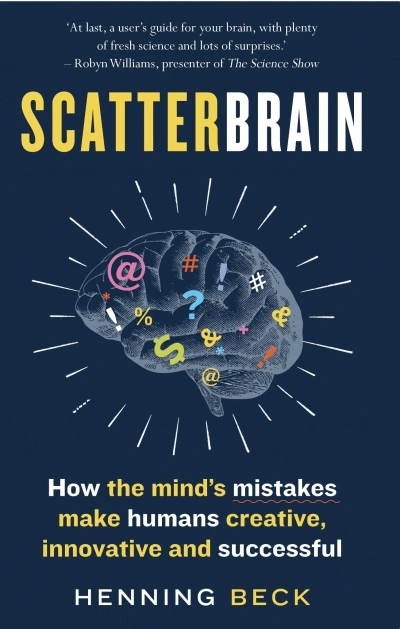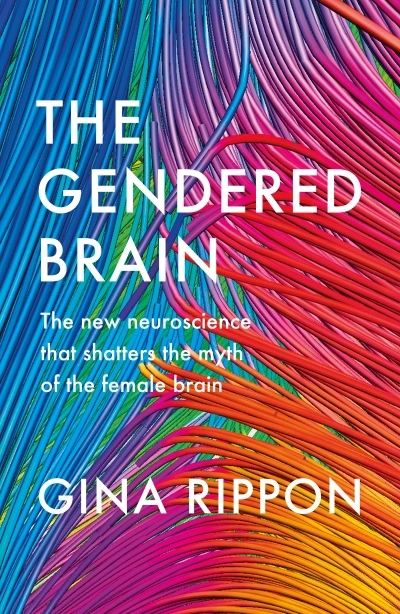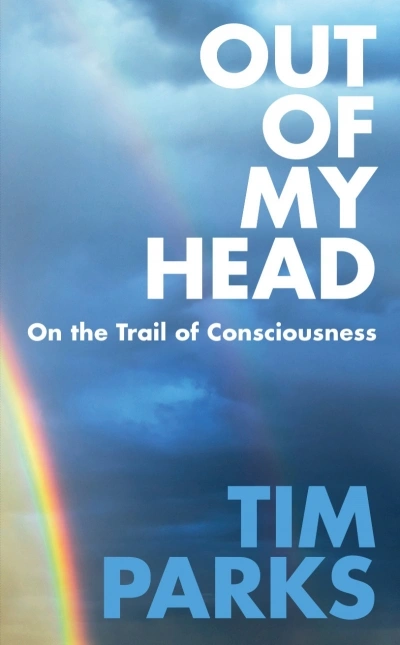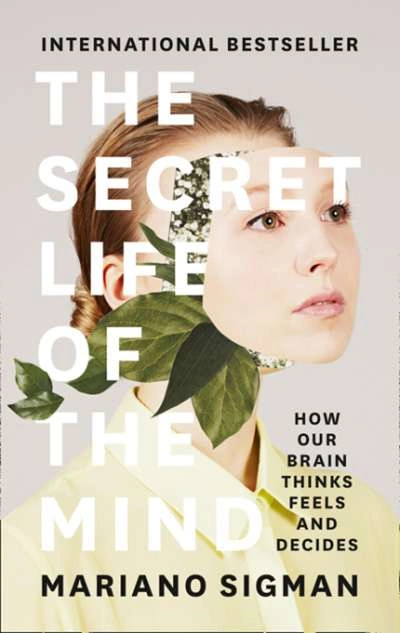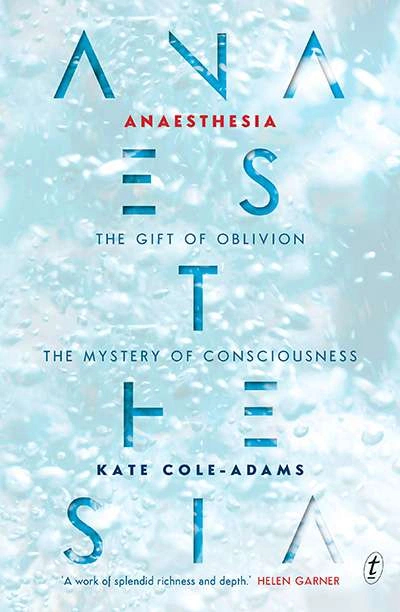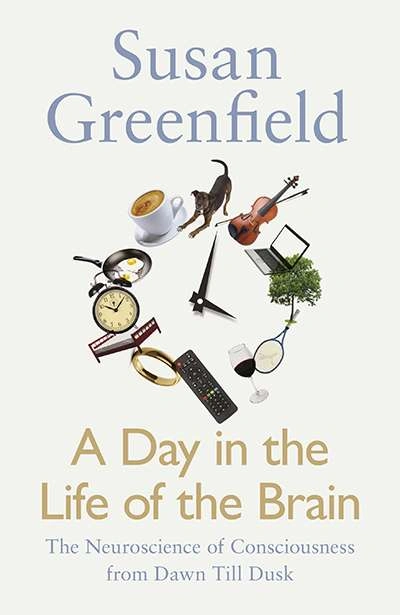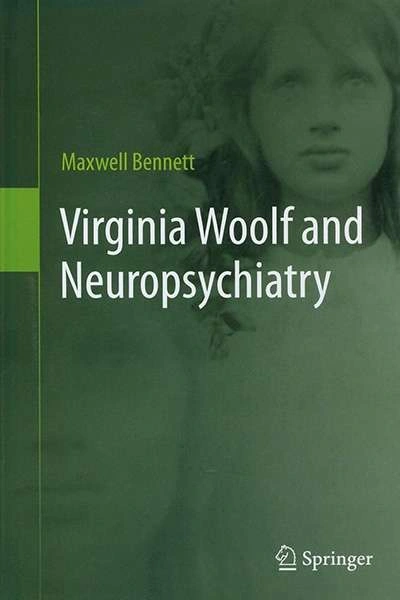Neuroscience
Metazoa: Animal minds and the birth of consciousness by Peter Godfrey-Smith
by Diane Stubbings •
Scatterbrain: How the mind’s mistakes make humans creative, innovative and successful by Henning Beck
by Nick Haslam •
The Gendered Brain: The new neuroscience that shatters the myth of the female brain by Gina Rippon
by Nick Haslam •
The Secret Life of The Mind: How our brain thinks, feels, and decides by Mariano Sigman
by Nick Haslam •
Anaesthesia: The gift of oblivion and the mystery of consciousness by Kate Cole-Adams
by Ceridwen Spark •
A Day in the Life of the Brain: The neuroscience of consciousness from dawn till dusk by Susan Greenfield
by Nick Haslam •


